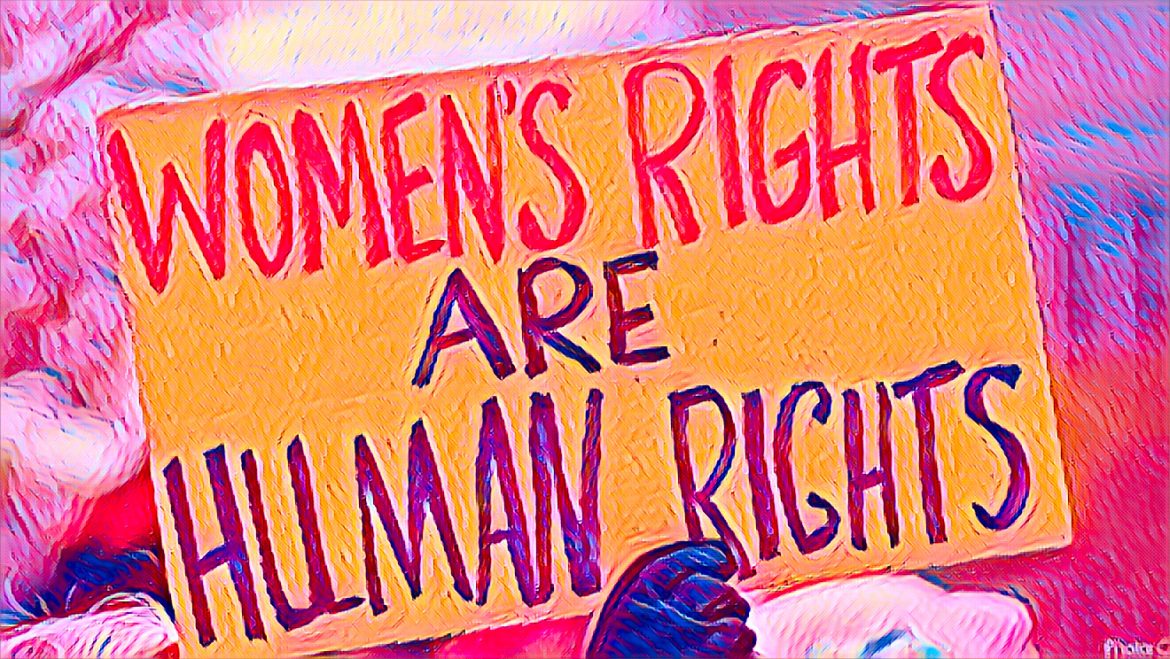In Zimbabwe, politically motivated violence remains a grave concern, as victims like Siphiwe Nkiwane struggle for justice in a system many believe is compromised. Nkiwane, once a vibrant woman, now bears the scars—both physical and emotional—of an attack that underscores the nation’s turbulent political landscape.
On August 24 last year, Nkiwane’s life changed forever. What should have been a day of democratic participation turned into a nightmare. A group of masked individuals stormed her Masvingo home, accusing her of holding sensitive election documents as an observer. They searched her house before subjecting her to a brutal beating.
“They demanded, ‘Show us the information you have,’” Nkiwane recalls, her voice trembling. The group, which she suspects were Zanu PF youths, left her with bruises and deep psychological trauma.
Seeking justice, Nkiwane reported the assault to the police and pursued legal action. However, her journey through the judicial system only deepened her despair. She soon realized that the system, which should protect citizens, was instead a “mockery of justice.”
Nkiwane’s case is not unique. Many in Zimbabwe have lost faith in the judicial system, especially after reports surfaced last year that 38 senior magistrates across the country received high-end vehicles from the government ahead of the 2023 elections. Four regional magistrates received double-cab Ford Rangers, while 34 provincial magistrates got sedans. This raised suspicions of judicial capture and bribery.
Nkiwane is convinced these vehicles were meant to influence the judiciary in cases requiring electoral justice. Her experience is a stark reminder of the widespread corruption that plagues Zimbabwe’s legal system.
Nkiwane’s story mirrors that of countless others across Zimbabwe. Many citizens face immense challenges when seeking justice, especially in cases of politically motivated violence. According to research by the Alliance for Community Based Organizations (ACBOS), some citizens walk more than 10 kilometers to attend court sessions due to poor infrastructure.
ACBOS national coordinator Kudakwashe Munemo emphasized the need to strengthen transparency and accountability within Zimbabwe’s justice system. “We are raising awareness on public interest litigation and politically motivated violence cases,” Munemo said. “Our goal is to empower citizens to understand their rights and demand justice.”
Despite government claims of improving access to justice, the reality on the ground tells a different story. Justice Minister Ziyambi Ziyambi highlighted efforts since 2018 to expand the court system and bring it closer to the people. However, these efforts seem insufficient for those like Nkiwane, who find themselves entangled in a system that often fails to deliver justice.
The police, who are supposed to uphold the law, often find themselves caught between enforcing justice and succumbing to political pressure. One notable example involves Zanu PF Chirumanzu South Member of Parliament Barbara Rwodzi, who was recorded threatening an assistant inspector investigating a case against one of her supporters. Rwodzi’s intimidation of the police officer highlighted the extent to which political figures can interfere with law enforcement.
National police spokesperson Commissioner Paul Nyathi acknowledged the challenges police face in handling politically sensitive cases. However, Citizens Coalition for Change legislator Lynette Karenyi-Kore criticized law enforcement for their reluctance to address politically motivated violence, especially when it involves women.
Karenyi-Kore pointed out that many cases take years to resolve, with perpetrators often walking free, discouraging victims from seeking justice. This lack of accountability fuels a culture of impunity, leaving victims like Nkiwane feeling abandoned by the very system that should protect them.
Election Resource Center director Babra Ontibile Bhebe stressed the importance of engaging in election litigation throughout the electoral cycle. She emphasized the need for greater awareness among stakeholders about the significance of such actions, particularly for youth and aspiring political leaders.
For Nkiwane, the physical wounds have healed, but the psychological scars remain. The memory of that night still haunts her, a constant reminder of the violence and the injustice she endured. Yet, what cuts deepest is the denial of justice—a denial that reflects the broader crisis in Zimbabwe’s legal and political system.
Source: Newsday


